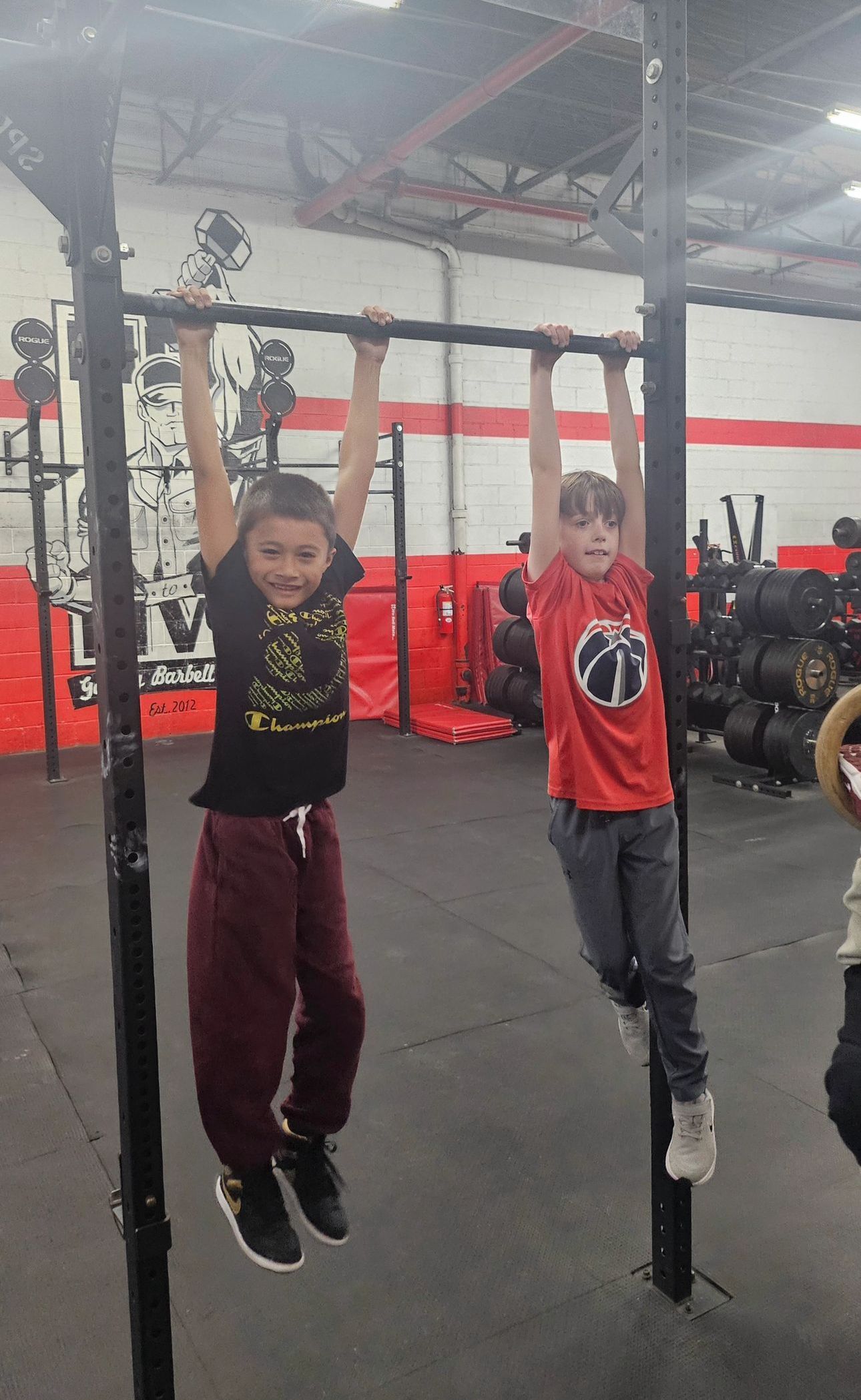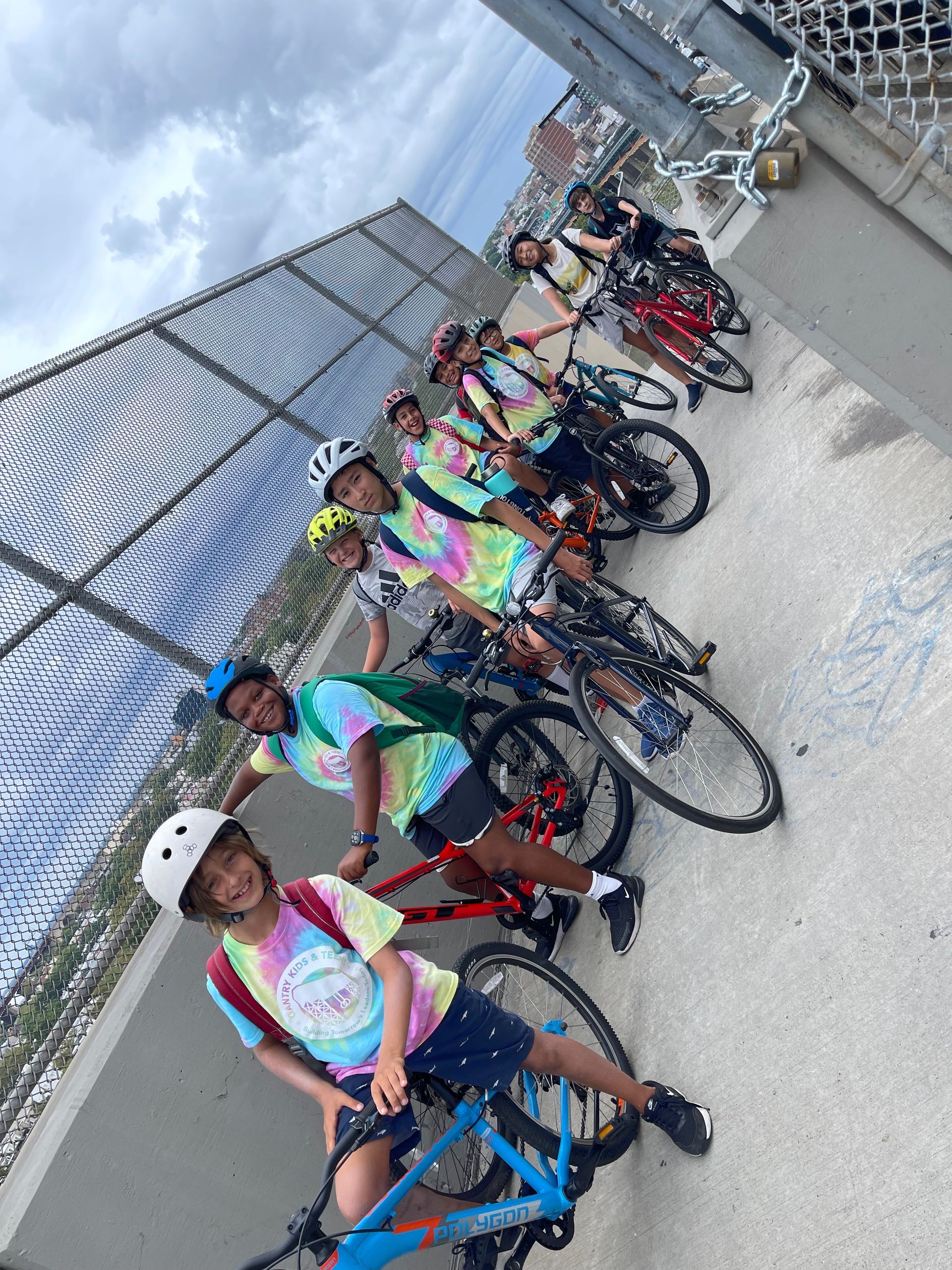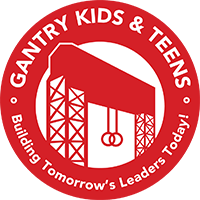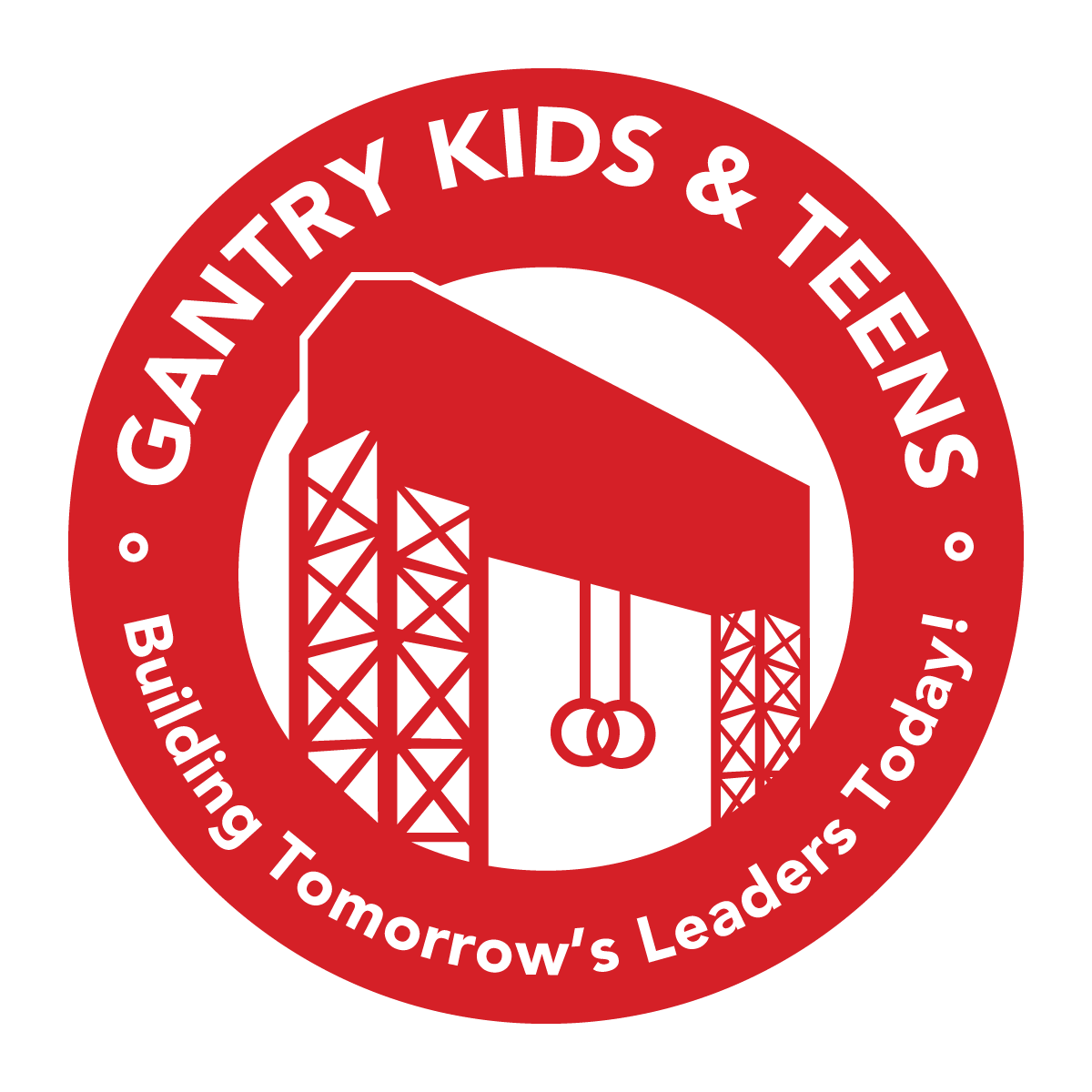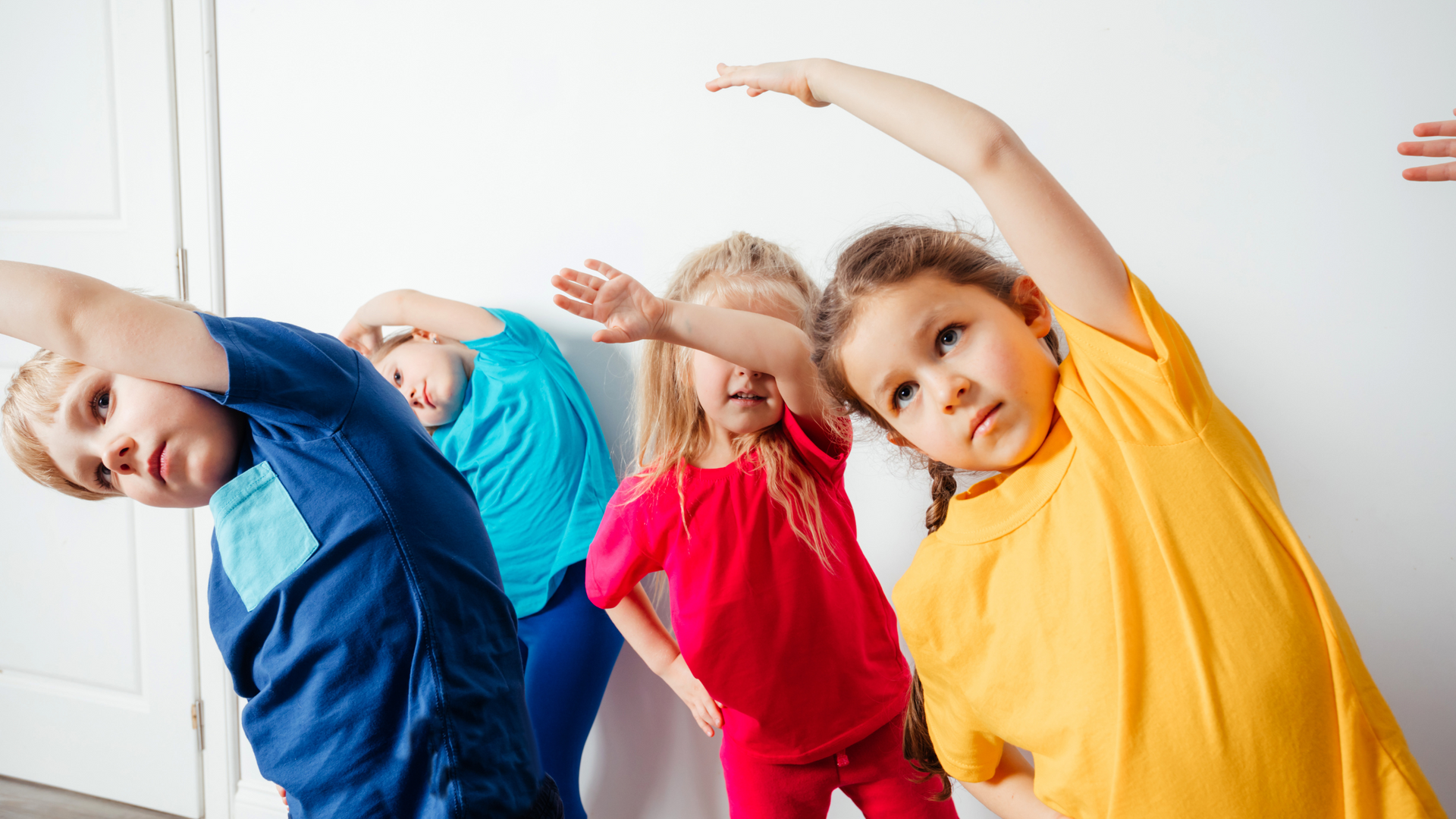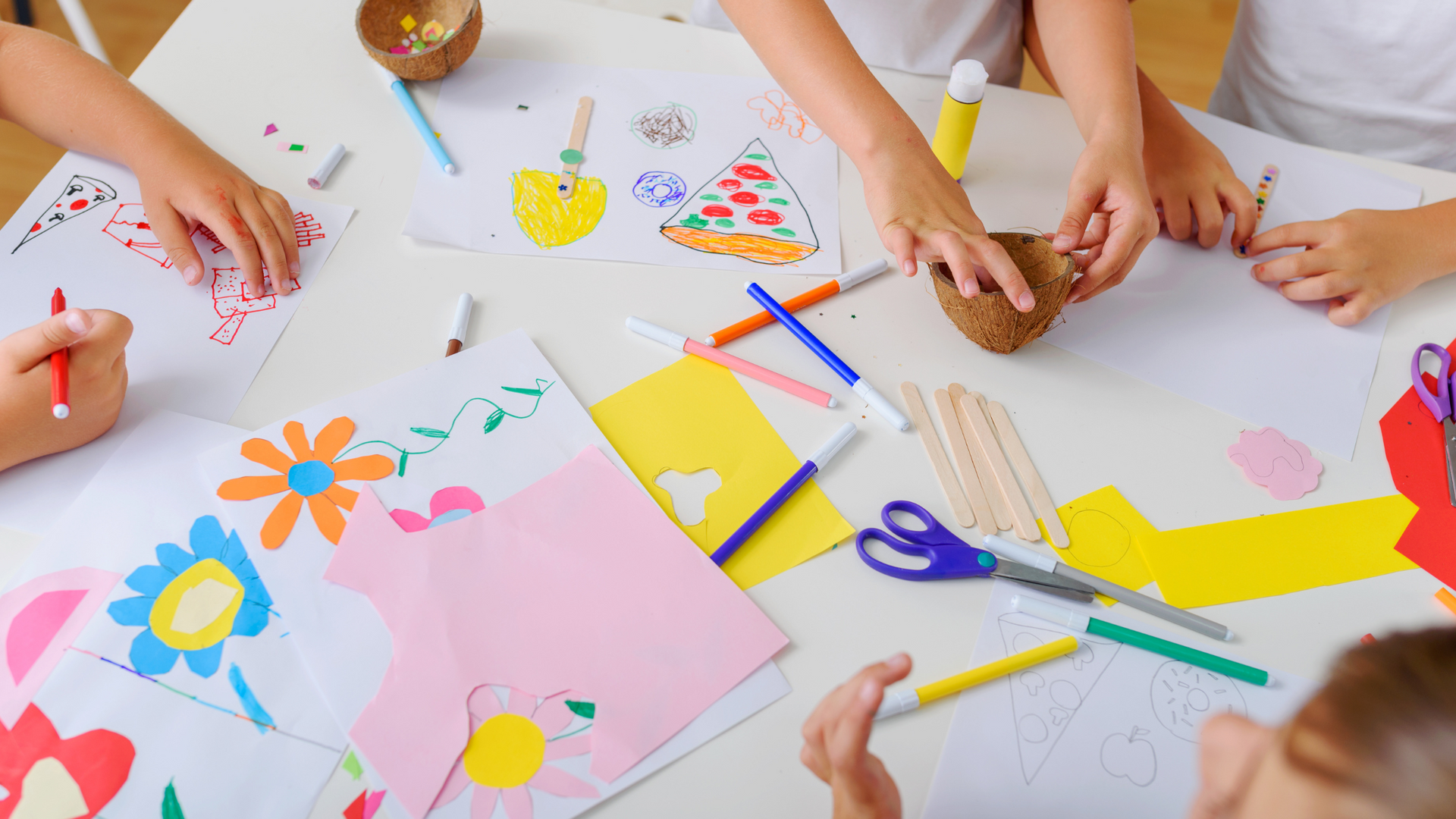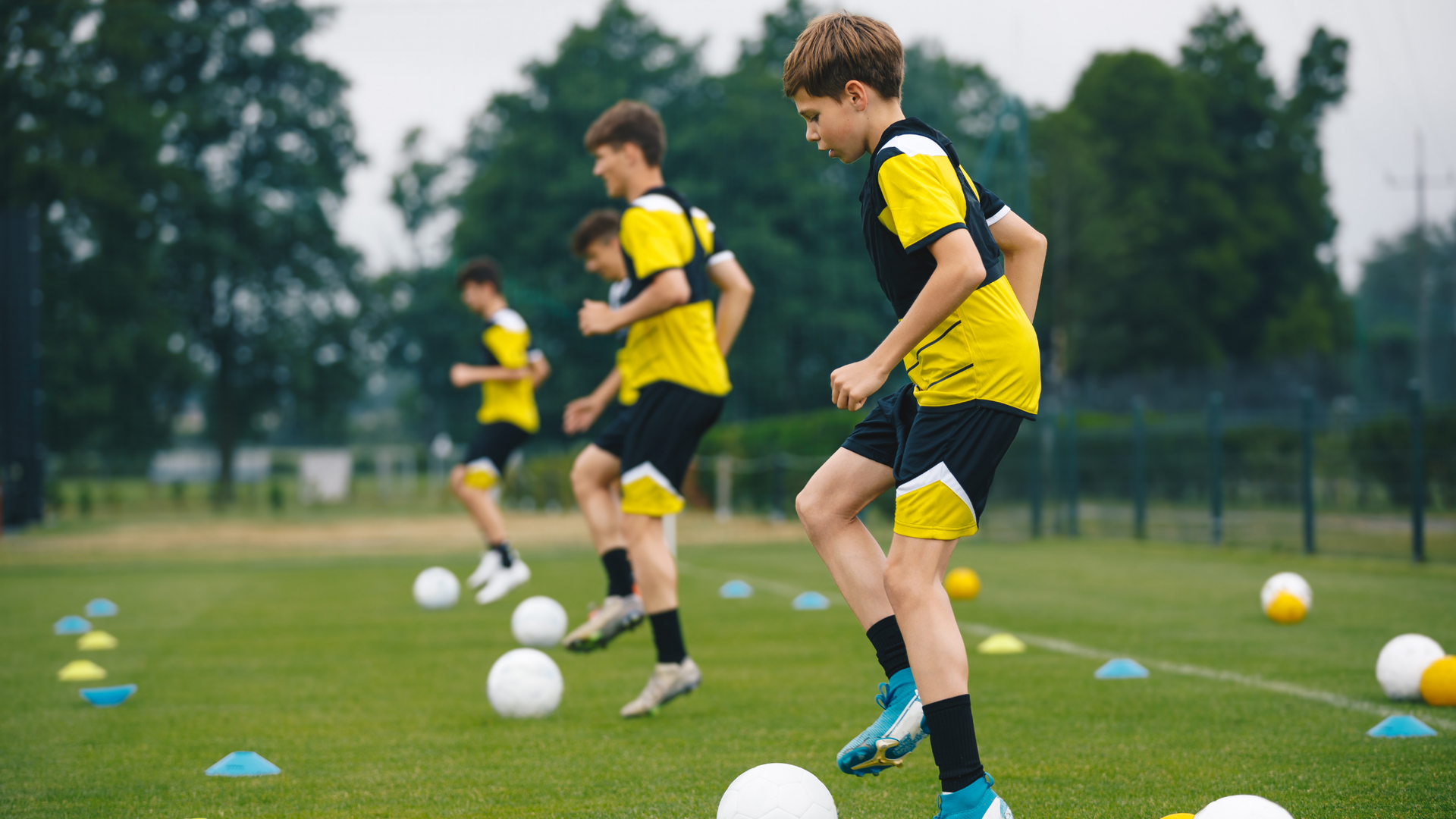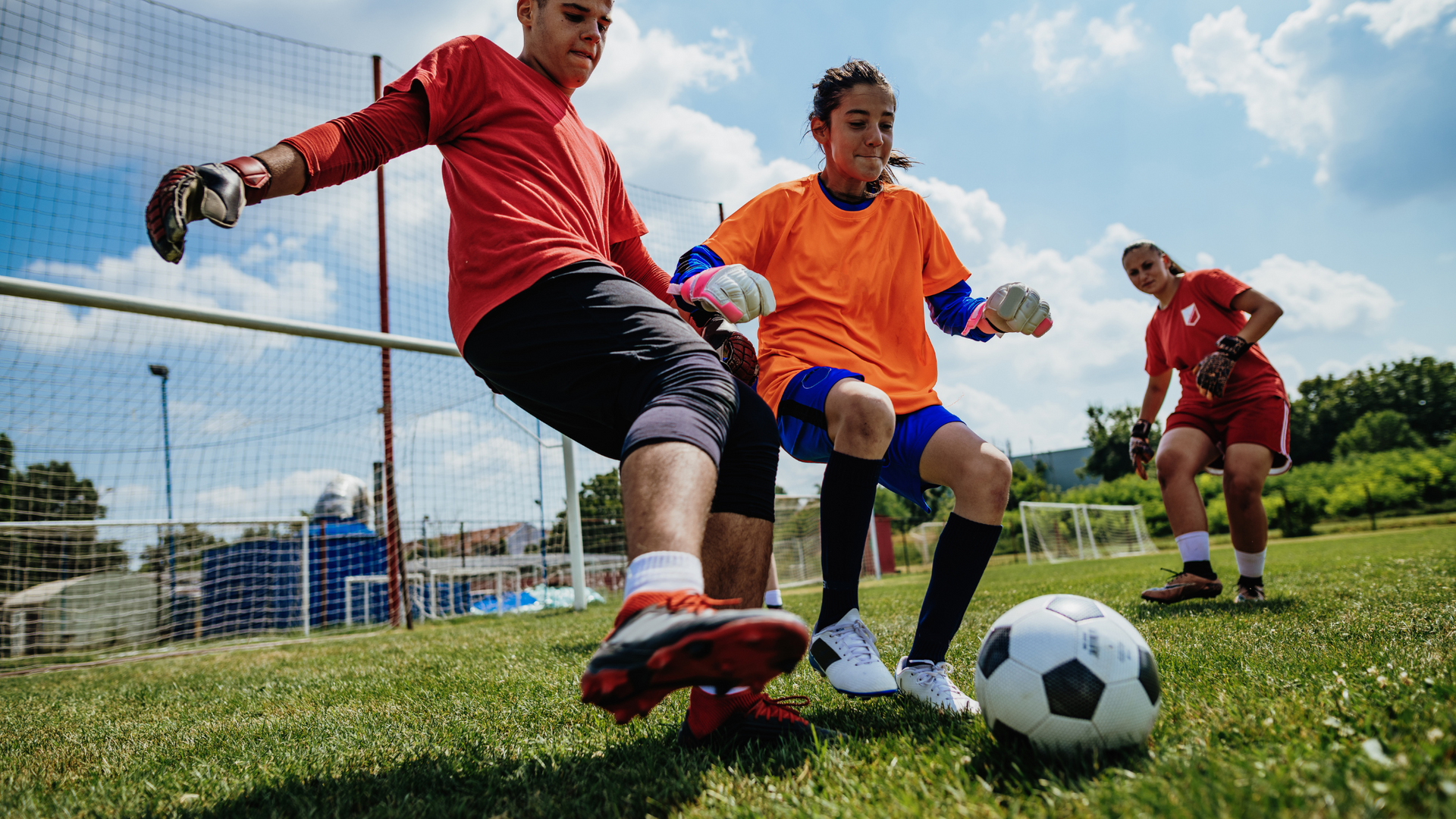Navigating Teen Years with Fitness: How Exercise Promotes Emotional and Social Health
For around ages 11-16, developing physical skills in an environment of teamwork, community, accountability, and responsibility.
Navigating the teenage years can be a tumultuous journey marked by a variety of challenges. Today's teens face unprecedented levels of stress, stemming from academic pressures, social dynamics, and the ever-evolving landscape of digital interactions. Amidst these challenges, the significance of maintaining physical health often gets overshadowed, yet its impact on emotional and social well-being cannot be overstated.
Physical health is not just about staying active; it's a crucial foundation that supports mental and emotional resilience. As such, incorporating regular fitness activities can play a vital role in helping teens manage stress, enhance their mood, and improve social connections. In this blog post, we will discuss how exercise serves as a
powerful tool for teenagers, aiding them in successfully navigating the complex web of their formative years while promoting their overall emotional and social health.
The Psychological Benefits of Exercise for Teens
Engaging in regular physical activity is more than just a way to stay fit; it's a potent mood enhancer and stress reducer for teenagers navigating the often rocky terrain of adolescence. When teens exercise, their bodies release endorphins, sometimes referred to as 'feel-good' hormones. These natural chemicals play a crucial role in managing mood and are known for their ability to uplift spirits and combat feelings of depression and anxiety. The euphoric sensation often referred to as the "runner's high" is a direct result of this endorphin boost, providing a natural, healthy way to elevate mood and increase energy levels.
In addition to endorphins, exercise has a profound effect on the body's stress-related hormones, such as adrenaline and cortisol. Physical activity helps regulate and reduce these hormones, effectively helping the body to manage stress more efficiently. This biological response not only lowers the immediate feelings of stress during and after exercise but also contributes to improved sleep patterns and decreased feelings of fatigue, which are often exacerbated by stress and anxiety.
By regularly participating in physical activities, whether it's team sports, individual exercise routines, or even just walking, teens can forge a powerful tool against the psychological challenges of their teenage years. The benefits extend beyond the physical realm, fostering a sense of mental clarity and emotional stability that can make all the difference during this critical stage of personal development.
The Social Benefits of Being Active
Physical fitness is not only essential for a teenager's health but also plays a crucial role in their social development. Team sports and group fitness activities are particularly beneficial as they provide ample opportunities for social interaction and help in forging new relationships. These settings encourage camaraderie and allow teens to connect with peers who share similar interests, fostering a sense of belonging and community.
Participating in group exercises or sports teams teaches valuable life skills such as teamwork and communication. In these environments, teens learn to cooperate with others, understand different perspectives, and work towards common goals. This interaction enhances their interpersonal skills, which are critical in every aspect of life, from academic settings to personal relationships. The cooperative nature of team sports also teaches conflict resolution and leadership skills, as teens navigate working with diverse personalities and abilities.
Furthermore, being
active in sports or fitness groups can significantly reduce feelings of social isolation. Many teens struggle with feeling disconnected from their peers, especially in an age dominated by digital interactions. Physical activities provide a real, engaging environment where teens can interact face-to-face, boosting their social confidence and helping them feel more integrated within their community. This sense of inclusion is vital for their overall emotional health and contributes to their sense of identity and self-esteem.
Exercise as a Gateway to Healthy Habits
Establishing a routine of regular exercise during the teenage years can set the stage for a lifetime of healthy choices. When teens incorporate fitness into their daily lives, they often experience a ripple effect that influences other aspects of their health and behavior. This integration of exercise not only promotes physical well-being but also encourages a holistic approach to health, leading to better lifestyle choices overall.
One of the most significant benefits of regular physical activity is its ability to foster better eating habits. Teens who are active tend to be more aware of the fuel they need for their bodies to perform optimally. This awareness can lead to more thoughtful food choices, prioritizing nutrition over mere caloric intake. They are more likely to opt for balanced diets rich in essential nutrients, which support their active lifestyles and overall health.
Moreover, exercise is closely linked to improved sleep patterns. Physical activity can help regulate the sleep cycle, making it easier for teens to fall asleep and enjoy deeper, more restorative sleep. This improvement in sleep quality is crucial for adolescents, who often suffer from sleep deprivation due to various social and academic pressures. Better sleep not only enhances physical recovery and growth but also improves mood and cognitive function, which are vital for everyday activities and responsibilities.
Additionally, the discipline and routine that come with regular exercise can lead to more responsible behaviors in other areas of life. Teens learn to manage their time effectively, balance various commitments, and maintain consistency in their efforts. These skills are invaluable as they navigate the complexities of teenage years and beyond, preparing them for adult responsibilities and helping them develop into well-rounded individuals.
Practical Tips for Incorporating Fitness into Teen Lives
Integrating more physical activity into daily routines can be a fun and rewarding experience for teens. Here are some practical tips to help teenagers get started and maintain an active lifestyle:
Explore a Variety of Activities
Not every teen will be drawn to the same types of activities, so it’s important to try different things to find what you enjoy most.
Options include:
- Yoga: Great for flexibility, balance, and stress relief.
- Biking: Excellent for cardiovascular health and can be a fun way to explore your community.
- Team Sports: Options like soccer, basketball, and volleyball are great for socializing and building teamwork skills.
- Martial Arts: Helps develop discipline, self-defense, and fitness.
- Swimming: A full-body workout that is also joint-friendly.
Set Realistic Goals
Starting with achievable goals can help maintain motivation. Whether it’s improving stamina, building strength, or just staying active a few days a week, setting clear and attainable objectives is key. Teens should celebrate small victories along the way to keep enthusiasm high.
Incorporate Activity into Daily Routines
Teens can add more physical activity to their day with simple changes, such as:
- Walking or biking to school.
- Taking stairs instead of elevators.
- Joining or starting a workout group with friends.
- Engaging in short bursts of activity between study sessions.
Use Technology to Your Advantage
Many apps and online resources can help track progress, set reminders, and provide workout ideas. Leveraging technology can make staying active more engaging and less of a chore.
Involve Peers or Family
Encouraging friends or family members to join in on activities can increase motivation and make exercising more enjoyable. Plus, it builds a support system that can keep everyone accountable.
Start Building Healthy Habits Today
As teens navigate the challenges of their formative years, integrating exercise into their daily routines can be a game-changer. It enhances mood, reduces stress, fosters social connections, and builds essential life skills through teamwork and communication.
Parents and guardians play a crucial role in facilitating and encouraging these activities. By providing support and possibly participating alongside them, adults can help reinforce the importance of health and fitness, creating a nurturing environment that prioritizes well-being.
To all the teens and their families:
embrace fitness as a part of daily life. Whether it's through team sports, individual activities, or simple exercises at home, every step towards being active is a step towards better health and happiness. Remember, the journey to fitness doesn't require monumental changes; it starts with one decision, one activity, and one day at a time. Let's make health a priority together, and watch as it transforms lives, one teen at a time.


